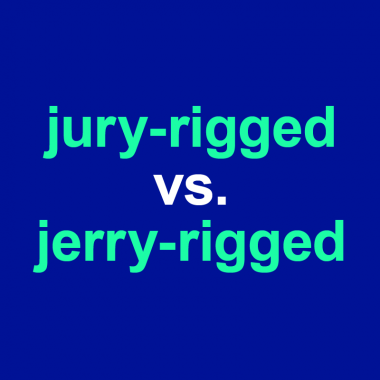“Amicable” vs. “Amiable”: What’s The Difference?
The words amicable and amiable are sort of like fraternal twins. They certainly have a lot in common, but upon a closer look, there are differences that truly set them apart. Admittedly though, spotting the differences between amicable and amiable even gave us pause. First, they practically look the same and sound the same, so it is easy to understand how one could mix them up. …











